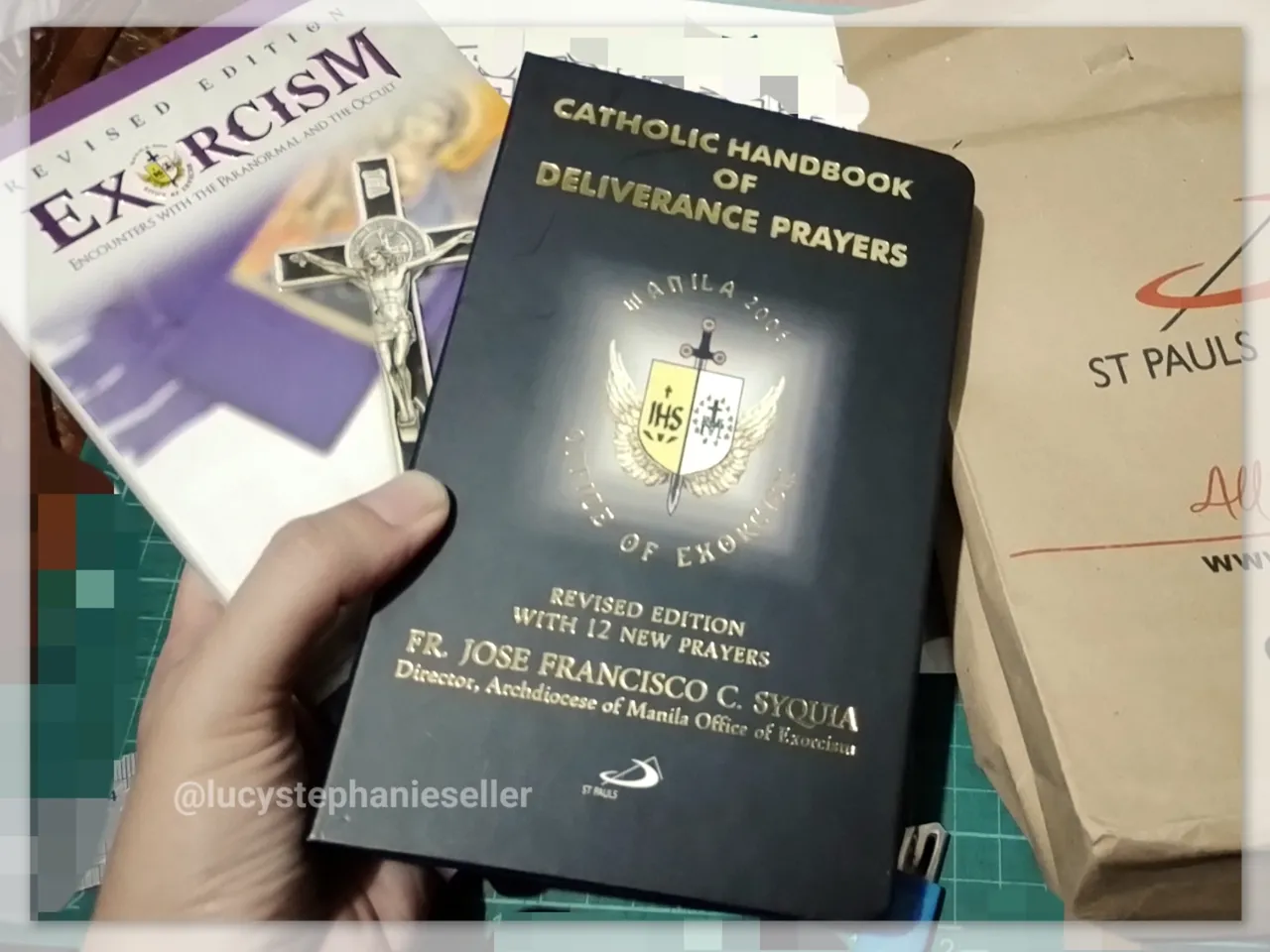Ah books, who could resist the smell and feel of them, the excitement of opening then reading a good story from the first page... All this comes back to me after not reading fiction books for a looong time.
It's been less than a decade since I last bought any novels. I stopped buying because I had a lot of books just stacked or kept somewhere and never read. The Japanese term for that is tsundoku
I know I am not alone in that experience. 😆 I have read of others who also expressed having too little time. It takes a while before they could read their books. In my case eventually I gave up on the thought of reading and just sold most of them off.

source
I know for sure there are still many who read books these days. Despite everything being online, book lovers still abound. How do I know this? Read on below.
👽 Student Life is Filled with English Reading Activities!
Growing up I was a voracious reader. I would read anything that I found interesting! Of course most of the books in our country are in English. This is why many of what I read are also in this second language.
For those who are not aware, the United States bought the Philippines from Spain, along with other countries. Thus it became the second colonizer of the country. And so they spread the English language by educating everyone. This is why we are like the "brown Americans" due to the culture they also instilled in our ancestors. So of course the language proliferated.
Independence was granted on July 4, 1946. Despite that major newspapers are still in English to this day. Government proceedings are in English, music stations mostly play American/British songs, signages and whatever else you can think of are in English so of course even books are in English! 😂

Quezon City Public Library
From a young age, the language is taught to us so plenty of books are in this foreign tongue. Most books read by students aren't in the vernacular unless it is for the Filipino subjects. For example: Filipino, Araling Panlipunan, Rizal Studies, etc. If I can give a percentage maybe 20% of school books are in Filipino. All the rest are in English whether written by a foreign or local author.
Also, there are plenty of reading material in public libraries. Aside from using computers, students can do research anywhere whether in school or in the neighborhood. We still have those too. Haha. In our city alone there are libraries in every barangay (village)!
📚 Secondhand Book Culture is Alive and Kicking
Aside from that, did you know the secondhand book market is very much alive in our country? Haha. Just search in any online social media network and you will see what I'm talking about. That's also how I got my Spanish books!

We even have a popular bookstore chain selling used books and it has many patrons! It even has more books than the previous number one bookstore chain (of brand new books) in the country. (I mean previous because the branches don't sell as much new books as before.) Even I bought some from one or two secondhand bookstore branches recently.
Prices of brand new books have gone up a lot since the time I stopped buying. This means of course more people are buying cheap. Despite a lesser condition, as long as it's still acceptable, anyone would still buy used ones. This is why the secondary market is flourishing.
Of course we also have books by Filipino authors but not a lot are written in Filipino or the other dialects/languages we have. But don't fret the government is giving incentives so more local books will flourish!
🏆 The National Book Development Board (NBDB) is the Strongest Driving Force Behind Filipino Book Production
Take heart dear reader, all is not lost in the Philippines. Despite the prevalent colonial mindset, some are working towards decolonization. It is slow and arduous but my hope is we can free ourselves from it in the future.
Anyway here's more information about the NBDB.

source
One of their initiatives is the Philippine Book Festival. This is more of a traveling book caravan which highlights Filipino books and authors! Of course for sure books by Lualhati Bautista, F. Sionil Jose, Bob Ong and more will be there.
This year, the festival will be held in Manila and Davao. This is the infographic they have for the Manila one.

source
Definitely there will also be other activities like book signing, workshops, entertainment and more. This is an event everyone shouldn't miss. Hehe.
Even if the reading culture in our country is very Western oriented we are still able to produce quality Filipino books. Some titles have even been translated to English and other languages! I forgot which books those were though...
Well I remembered another one. I'm not sure if this pushed through: Lualhati Bautista's books were offered to be translated to English and published by Penguin Classics back in 2022. Awesome if it did, if not it's still good to know.
Other Books I Bought and Have, Written by Filipinos
I'm proud to say that I recently bought two books published locally and written by a Filipino! Haha! Unfortunately it is in English again but that means it can be read by more people! 😀 This is important because the subject of the books is very much needed to be learned by all of us.
Check out the gold lining of each book! Hahaha. I love it! 😍 So shinyyyy.

Now why do I say it is important for everyone to read the content of these? Because we are now in the end times. Oh don't laugh. You can see the signs for sure. Everywhere online what do you read? In the news, what do you see? How about the behavior of the people around you and you yourself, what do you notice?
If you are still not aware then this is why books like these are a must read now. 😉 I've already watched various interviews and talks by Fr. Jocis Syquia and yet I wanted more. This is the first time I ever bought this kind of books ever.

I mean, sure I used to buy mostly fantasy and self-help books but never any religious ones. When I was in grade school (or was it high school?) I think I was able to get my hands on a booklet about saints and that was it. Now as an adult I really went out of my way to buy these.
The Philippines is a predominantly Catholic country. No surprise then if we have books by priests and other Catholic personalities like Brother Bo. For the latter, I received booklets and another book from a dear friend. I still haven't finished reading one of these. 😂

We do have our Muslim brothers in Mindanao and other areas too. Haven't really searched for any of their books though. It might be in Arabic so I won't be able to understand that anyway.
As for Fr. Syquia's books, actually there is another one I didn't choose because it's part of a series. I decided not to buy the third book. The first two are already sold out so at first I couldn't decide which books to buy! Having a limited budget sucks. Haha. I asked the bookstore and they don't know if there will be a reprint and when it would be.
So how did I get to own the purple book? Well, I let the saleslady decide for me on which one to get. Of course she recommended the more expensive one. 😜 Smart lady. Hahaha.
Anyway how about you? What can you share about the reading culture of your country?
This was written for the Hive Book Club community contest. Tagging @fantagira as I'm curious to know about their reading culture too. Hehe.
XOXO,
@artgirl


Semi-furnished, almost RFO, REPRICED: P18.5M!

FOR SALE: 3 Bedroom Spacious Townhouses in Proj. 2 - 3, near Anonas, Quezon City RFO
Read Philippine Condo Buying FAQs Here
Spam or irrelevant comments will be downvoted if not revised upon warning.
Written by @artgirl for / Hive
© Art x Stephanie Rue / Lucy Stephanie
Join Hive thru ecency, Click Here!
Like it?
Upvote, Follow and ReHive/Share for appreciation.
♥ Thanks! ♥
